We all experience anxiety from time to time but if it becomes chronic it can put a serious damper on daily life.
Editor Jane Garton shows you how to manage anxious moments with some simple lifestyle tweaks.
There’s no doubt that the past year has been anxiety provoking. With the ever-shifting lockdown rules, and worry about the future, life as we know it has changed irrevocably for many of us. For some anxiety is a feeling of general unease, but for others it is a serious problem that stops them from living their life to the full.
But the good news is there are ways to nip rising anxiety in the bud. The first steps are learning to separate worries about what we can control and what we can’t, challenging negative thoughts, questioning our inner self critic and recognising what triggers our anxious thoughts.
Ditch the alcohol

Tempting though it may be to reach for that glass of wine or gin and tonic in that anxious moment try not to. Although it may quieten a racing mind in the short term, in the long term it will have the opposite effect. Far better to go for a soft drink or even a cup of soothing herbal tea. If you really can’t do without a drop of alcohol, stick to one glass and make sure you drink it with or after eating.
Cut out caffeine

Caffeine is not ideal when it comes to anxiety. As a stimulant it can trigger the fight or flight reaction in the body which moves the body into survival mode. This is turn can result in anxious feelings, fear and even a rapid heartbeat. Go for decaff coffee or tea or a herbal infusion. Camomile or valerian teas are packed with soothing benefits.
Try magnesium
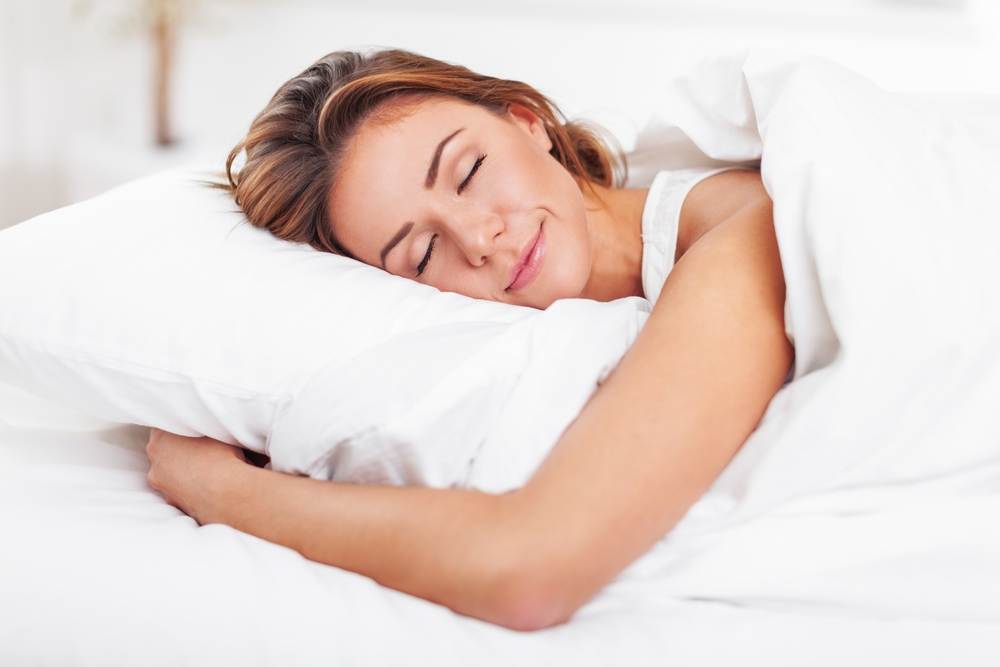
This ‘feel good’ mineral helps support a healthy sleep/wake cycle and regulates mood. Studies show that during periods of stress and anxiety magnesium stores can become depleted so it’s important to make sure you are getting enough.
Good dietary sources include dark green leafy veg, beans, peas seeds, nuts, and chickpeas as well as wholegrains. If you think your diet could be lacking try boosting levels with a supplement.
Join a group

Self-help or support groups often involve face-to-face meetings where you can talk about your difficulties and problems with like-minded people and develop coping strategies together. Many support groups also provide support and guidance over the phone or in writing. Check out the Internet or ask your GP about local support groups for anxiety in your area.
Talk about it

It can help to share how you are feeling with family and friends. You may find that they have been through something similar or know someone else who has.
Write it down
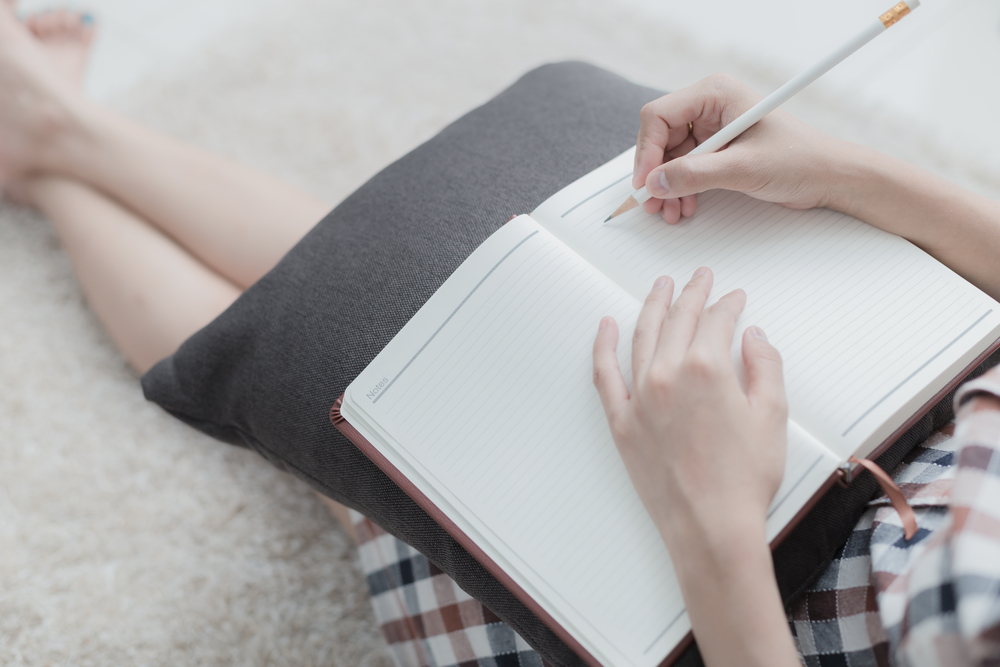
Thoughts come and go and it can be difficult to know exactly what is triggering your anxious thoughts. Writing down any negative feelings can help you to become more aware of what might be setting them off. The idea is that being able to identify your triggers can help to reduce the impact anxiety has on your life.
Relax
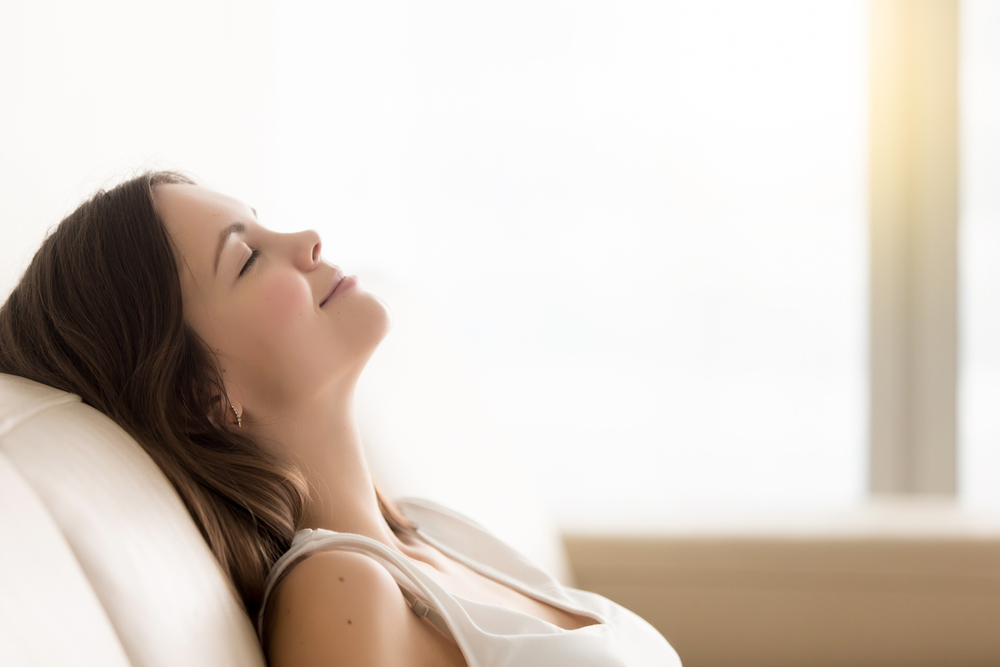
Physical relaxation allows your mind to relax, letting go of any troubles. Choose a quiet time of day and somewhere you won’t be disturbed. Sit or lie down and consciously work your way up from your toes to your head, first tensing then relaxing each group of muscles. Activities such as yoga or Pilates can also help you unwind.
Natural support
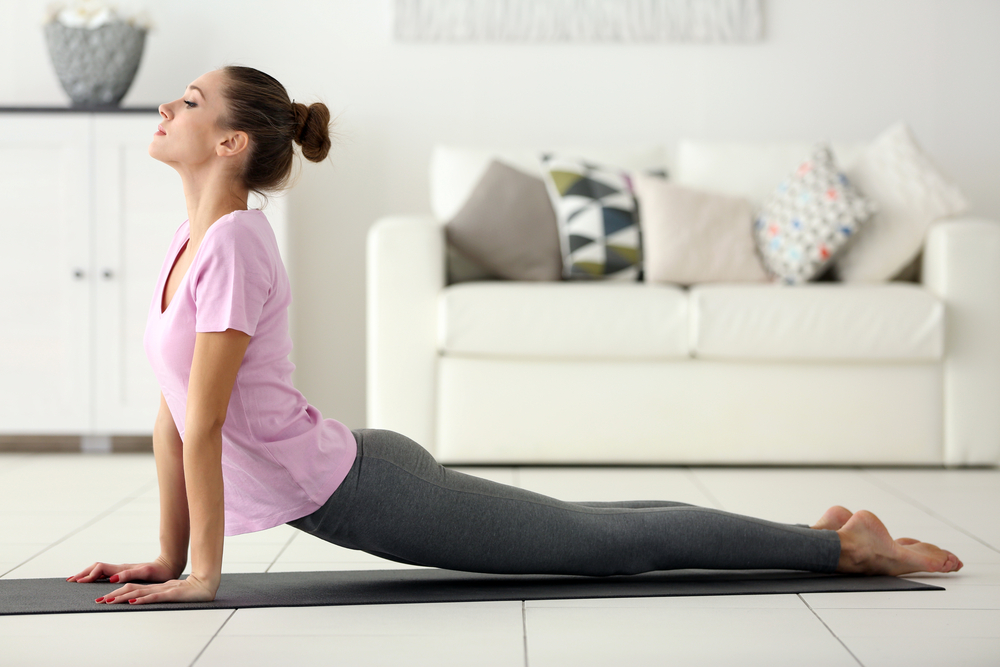
Yoga, meditation, aromatherapy, massage, reflexology, and herbalism are just some of the complementary therapies may of us find help with relaxation, sleep, and reducing anxious symptoms.
Stay in touch

Don’t let worries isolate you from loved ones or enjoyable activities. Social interaction and caring relationships can lessen your worries.
Stay positive

Try to replace ‘negative self talk’ with ‘coping self talk’. When you catch yourself thinking something negative like “I can’t do this, it’s just too hard” try to change it to something more positive, like: “This is hard but I can get through it” or “I can’t do this right now but I am going to find a way to do it”.
Go herbal
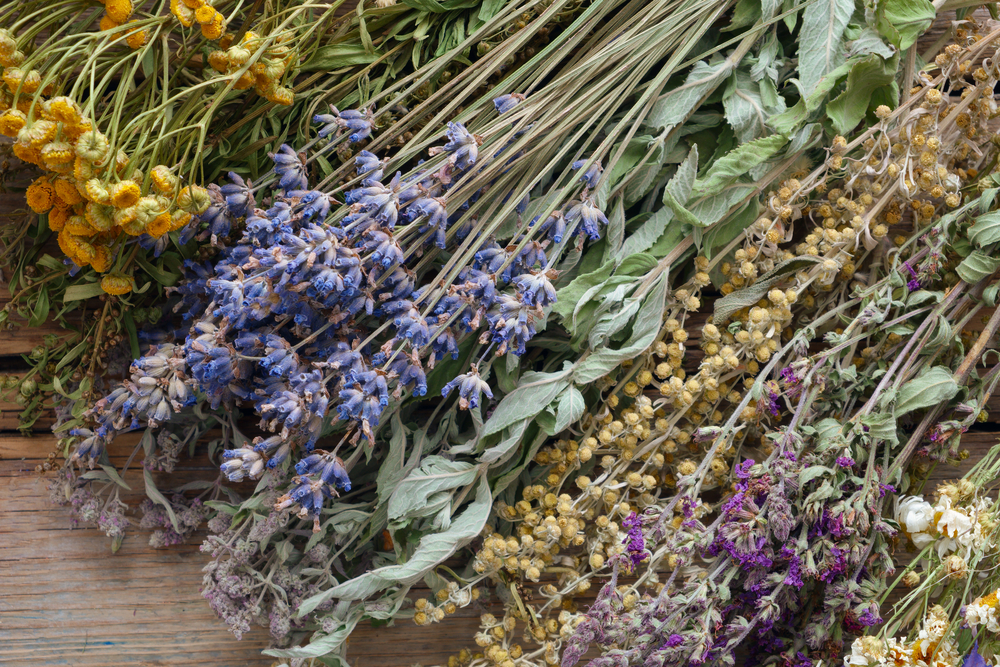
The calming herb valerian reduces muscle tension and promotes tranquillity and is particularly helpful when anxiety and whirling thoughts affect sleep. Black cohosh can help anxiety linked with menopause, while St John’s wort is known for its ability to treat low mood, which is often linked to anxiety.
Breathe
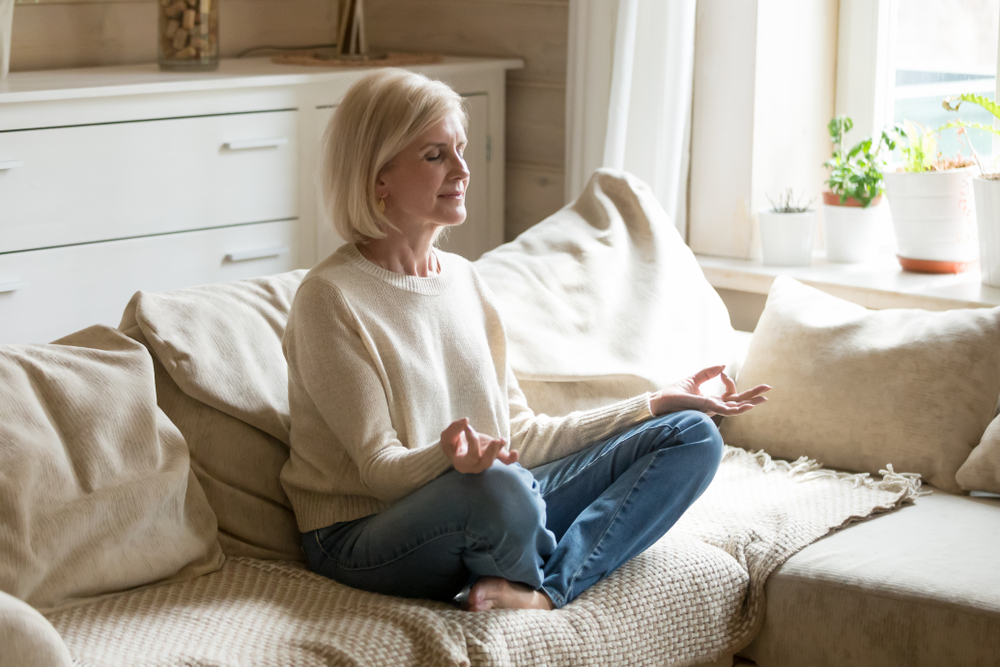
Try this quick and simple exercise if you start to feel tense and anxious. Keep your breathing smooth and regular throughout.
- Sit or lie in a comfortable position with your arms and legs uncrossed and your spine straight.
- Breathing from your abdomen, inhale through your nose, slowly to a count of five.
- Pause and hold your breath for a count of five.
- Exhale through your nose to a count of five
- Repeat exercise for at least three to five minutes.
World Mental Health Day is on October 10th. For more information on how you can support your mental health visit their website.

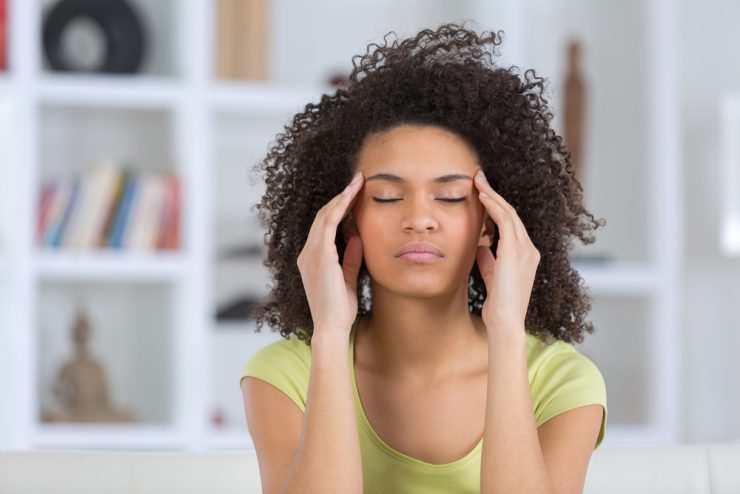






















Add comment